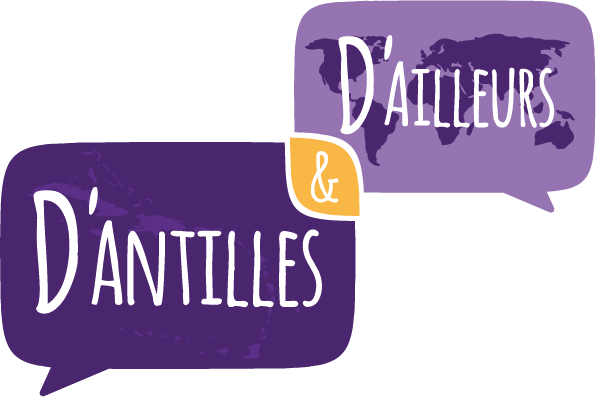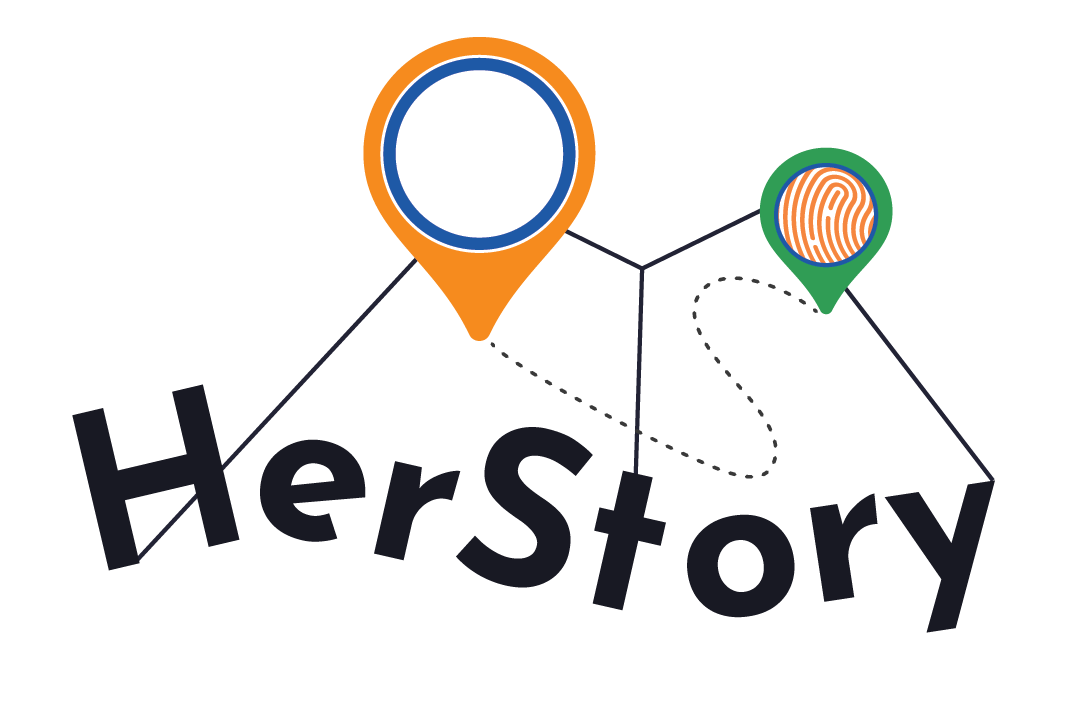UNIVERSIDAD DE SALAMANCA (Spain)

The Universidad de Salamanca USAL), founded in 1218 and one of the oldest Universities in Europe, is today a modern European University, open to the culture of practically every branch of teaching. CurrentlL’Universidad de Salamanca USAL), fondata nel 1218 e una delle più antiche università d’Europa, è oggi una moderna università europea, aperta alla cultura di praticamente tutti i rami dell’insegnamento. Attualmente, l’USAL insegna corsi di laurea di primo e secondo ciclo a quasi 28.000 studenti, oltre a quasi 3.000 studenti di dottorato e master. Con più di 3.000 ricercatori, che compongono 70 dipartimenti, 26 Facoltà e Scuole, 18 istituti e altre unità di ricerca appartenenti alle scienze sociali, biomediche, umane, sperimentali e formali, si distingue come una delle principali organizzazioni pubbliche di ricerca in Spagna. Il suo forte impegno nelle collaborazioni internazionali è documentato sia dagli accordi di cooperazione in vigore con oltre 300 istituzioni in tutto il mondo, sia dalla partecipazione dei suoi ricercatori a numerosi progetti internazionali, in particolare nell’ambito dei Programmi europei, in cui l’università ha agito in un’ampia gamma di profili (coordinatore, contraente, contraente associato, membro, istituzione ospitante…). Dal 2009, l’Università di Salamanca è stata riconosciuta come Campus di Eccellenza Internazionale (http://cei.usal.es/en) dal governo spagnolo in considerazione della sua alta qualità ed eccellenza nell’insegnamento, nella formazione, nelle attività di ricerca e nella vita accademica. L’USAL partecipa a questo progetto attraverso il Gruppo di Ricerca in InterAzione e eLearning (GRIAL), gruppo di ricerca ufficialmente riconosciuto dall’USAL dal 2006, premiato come Gruppo di Eccellenza dal Governo Regionale di Castilla y León (GR-47) dal 2007 al 2016 e come Unità di Ricerca Consolidata dal luglio 2016 (UIC 081).y, USAL teaches first and second cycle undergraduate degrees to almost 28.000 students, in addition to nearly 3.000 students of Doctorate and Master degrees. With more than 3.000 researchers, who make up 70 departments, 26 Faculties and Schools, 18 institutes and other research units belonging to the social, biomedical, human, experimental and formal sciences, it stands out as one of the main public research organizations in Spain. Its strong engagement in international collaborations is documented both in the cooperation agreements in force with over 300 institutions around the world and in the participation of its researchers in several international projects, in particular under the European Programmes, where the university has acted in a wide range of profiles (coordinator, contractor, associated contractor, member, host institution…). Since 2009, the University of Salamanca has been recognised as Campus of International Excellence (http://cei.usal.es/en) by the Spanish Government considering its high quality and excellence in teaching, training, researching activities and academic life. USAL participates in this project through the Research Group in InterAction and eLearning (GRIAL), officially recognised research group by the USAL from 2006, awarded as Group of Excellence by the Regional Government of Castilla y León (GR-47) from 2007 till 2016 and as Consolidated Research Unit since July 2016 (UIC 081).
D’ANTILLES ET D’AILLEURS (France)

Specialises in the promotion of an active participation in the civil society, with a focus on young people and migrant women with fewer opportunities supporting access to social rights, employability through inclusive entrepreneurship, digital. DA & DA have a wide range of project experience in Erasmus and AMIF programs with a special gender aspect.
SYMVOYLEYTIKO KENTRO STIRITHIS TIS OIKOGENEIAS – SYKESO (Cyprus)

The Advisory Center for the Support of the Family (SYKESO), was established in 2007, aiming to provide counselling and guidance to individuals, groups and families in need. SIKESO operates a Counselling Center to support and assist individuals, groups or families facing simple or complex problems, through a telephone line and personal meetings. Additionally, SYKESO implements projects at local and national level in cooperation with Non-Governmental Organizations, Local Authorities, Associations, semi-governmental organizations, and governmental departments. Among the priorities are the protection of the rights of the child, the promotion of gender equality, the confrontation of gender-based violence, the empowerment and training of young people on issues related to equality, diversity and the wider cultivation of perceptions and knowledge that contribute to the progress of society. Our target group are both young people and adults, supporting educators, youth workers, educational leaders, and supporting staff.
KYTTARO ENALLAKTIKON ANAZITISEON NEON (K.E.A.N) (Greece)

KEAN was founded in 2005 in Athens, Greece aiming at the development and implementation of humanitarian programs for the protection of the social and physical environment. Its ultimate goal is upgrading the lives of young people and vulnerable social groups, combating social exclusion and poverty, promoting a better organized society with respect for human rights and the environment and promoting volunteering spirit and familiarity with the new technologies. To achieve its goals KEAN implements a range of activities such as strategic partnerships, educational and training workshops, scientific research and analysis, advocacy, round table discussions, volunteering activities, sport events, dissemination, visibility, and awareness raising activities. It is a non-profit association, a legally constituted organization, operating independently of any government, and which expressly prohibits the distribution of any profit.
VAZMOZHNOSTI BEZ GRANITSI (Bulgaria)

Their developing projects focused on human rights education and social inclusion of marginalized and discriminated communities, including empowering young girls from vulnerable groups and running awareness raising campaigns on human rights and equality issues. IOA has just finished a 3-year capacity building Erasmus + youth project between EU and Central Asia on gender equality and brings in specific expertise in campaigning, development of local actions plans and media tools for combating gender prejudice. Finally, in 2021 IOA ran a gender empowering campaign for the 8th of March, marking the International Women’s Day as a celebration of prominent female leaders across the world. The organization’s expertise brings additional know-how and value in the current proposal.
Andragoški zavod Ljudska univerza Velenje (Slovenia)

Ljudska univerza Velenje established in 1959 is public non-profit adult education institution providing education and support to various target groups. LUV takes an active part in regional community by improving the educational structure of the population, by motivating and informing the members of the community and by involving them in the formal and non-formal educational programmes. Staff of 20 is supported by over 60 contractual teachers. Programmes are intended for adults and youngsters. Programmes include primary school for adults (youngsters), programmes for vocational secondary education, professional secondary education, language and ICT courses adapted to various target groups (NEETs, business sector, seniors), labour market orientation programmes, social activation programme, study courses, workshops, and national and international projects. Within LUV also operate 2 Centres for Intergeneration learning that includes 4 full-time employed staff members and over 20 volunteers and Pattern City – an ecosystem for education, experimentation, prototyping and innovation. The unique, interactive digital learning environment is focused on providing interdisciplinary content with learning by doing and playful learning methodologies. LUV also delivers social integration program for people with distance to labour market focusing on improving their employment chances, especially for the NEET group of people. LUV is active in local environment by supporting rural areas through development programs and trainings to improve basic and entrepreneurial skills. LUV is actively involved in various local, regional and national initiatives and actions (Life-long learning week, educational festivals and other events). LUV has years of experience in participating and coordinating European projects and is currently involved in 18 international projects (mostly Erasmus+ KA2).
CSI CENTER FOR SOCIAL INNOVATION LTD (Cyprus)

Center for Social Innovation (CSI) is a Research and Development organization, which focuses on fostering social innovation that can bring about a positive change to local, national, regional, and global entities. These entities include but are not limited to governments, local administrative agencies, non-for-profit agencies, commercial entities, and educational institutions. The CSI team is composed of open-minded, fully equipped researchers, entrepreneurs, project managers, trainers, and Information Technology specialists. CSI encompasses the capability and capacity to identify social needs, design and implement adjusted initiatives, and provide for sustainable growth. The CSI team’s areas of expertise are in the fields of traditional education and e-learning, entrepreneurship, start-ups, innovation, creativity, negotiations, IP advisory services, social responsibility, business advisory solutions, data analytics, information technologies, project management, project evaluation services, product validation, training and computer gaming. CSI draws know-how and skills from its wide global network, which includes academic institutions, IT companies, public services, international organizations, start-ups, and public services.
VSI DIVERSITY DEVELOPMENT GROUP (Lithuania)

È un’organizzazione senza scopo di lucro che realizza progetti scientifici, applicati e infrastrutturali nei settori dei diritti umani, dell’istruzione, delle pari opportunità, della diversità, della migrazione, dell’integrazione e dei giovani. Grazie ai precedenti progetti e programmi di formazione, DDG ha un’esperienza e un’ampia competenza nello sviluppo di metodologie e corsi di formazione, nonché un’ampia conoscenza sia dell’educazione (dei bambini) che dell’area di genere.
SPECCHIO MAGICO COOPERATIVA SOCIALE ONLUS (Italy)

Specchio Magico is a not-for profit organization, founded in May 2001 by the will of charter members of sharing their own competences through a cooperating project; it is a small but highly dynamic reality and each person working in or for the cooperative has qualifications and specific experiences in pedagogical, educational, psychological sectors. It manages many projects of active citizenship and psycho-pedagogical services, implementing detailed and attentive work on networking of the resources and territorial education agencies. The main core of SM is primary prevention against child abuse and neglect with the most important Italian project spread into several schools. This project meets over than 3000 pupils every year. SM has a wide area of expertise, ranging from education, training, active citizenship, inclusion, educational and pedagogical methodologies and approaches for early childhood, children youngsters as well as from preventing domestic and sexual violence to effective interventions in the social sector. The organization also promotes intervention on schools, which represent a big part of the activities developed cooperating with school institutions and integrated in the right to study plan of each school. SM, after initial years devoted to strengthen territorial networks, started implementing European project activities in order to share and implement training and education activities at international and European level. SM considers working on European issues, through European projects, an added value to collect knowledge from abroad, to gain international inspiration for its own work and to place Italian developments in a broader international context. This will both improve the quality of SM work and the opportunity to support the work of other organizations nationally and internationally.
